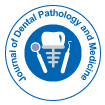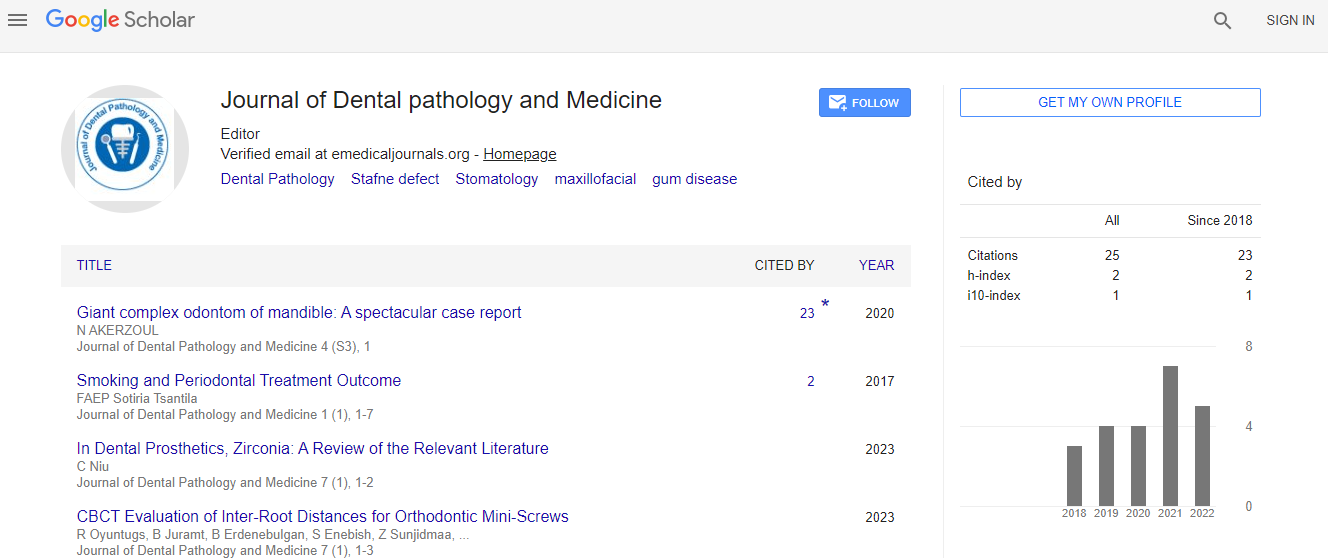Do parenting styles affect childrenâs oral health in Saudi Arabia?
*Corresponding Author:
Copyright: © 2020 . This is an open-access article distributed under the terms of the Creative Commons Attribution License, which permits unrestricted use, distribution, and reproduction in any medium, provided the original author and source are credited.
Abstract
The purpose of the study is to correlate the parenting styles of parents with the oral health of their children, in Riyadh, Saudi Arabia.
Study design: Two hundred and eighty healthy preschool children, who have never been to the dentist, were recruited. Parenting style was determined by the Parenting Style and Dimensions Questionnaire (PSDQ). World Health Organization (WHO) criteria and simplified debris index (DI-S) were used for the diagnosis of dental caries and oral hygiene of the children respectively.
Two parenting styles were identified among Saudi parents; authoritative (94%, n = 265) and permissive (6%, n = 17). The majority of children were brushing by themselves (n = 130, 46.1%) and once per day (n = 163, 57.8%). Significant correlations were detected between parenting style and children’s brushing times (P-value of 0.016) and the number of meals consumed by children (P-value of 0.031). The age of the child and oral hygiene score were significantly correlated to dental caries (P-value < 0.05).
Two parenting styles were identified among Saudi parents. Parenting style influenced the child’s oral health but not significantly. Early childhood caries and fair to poor oral hygiene were commonly detected among children. Clinically interesting correlations were identified regarding factors affecting the child’s oral health status.

 Spanish
Spanish  Chinese
Chinese  Russian
Russian  German
German  French
French  Japanese
Japanese  Portuguese
Portuguese  Hindi
Hindi 